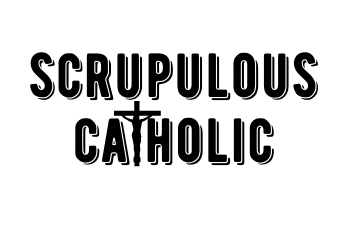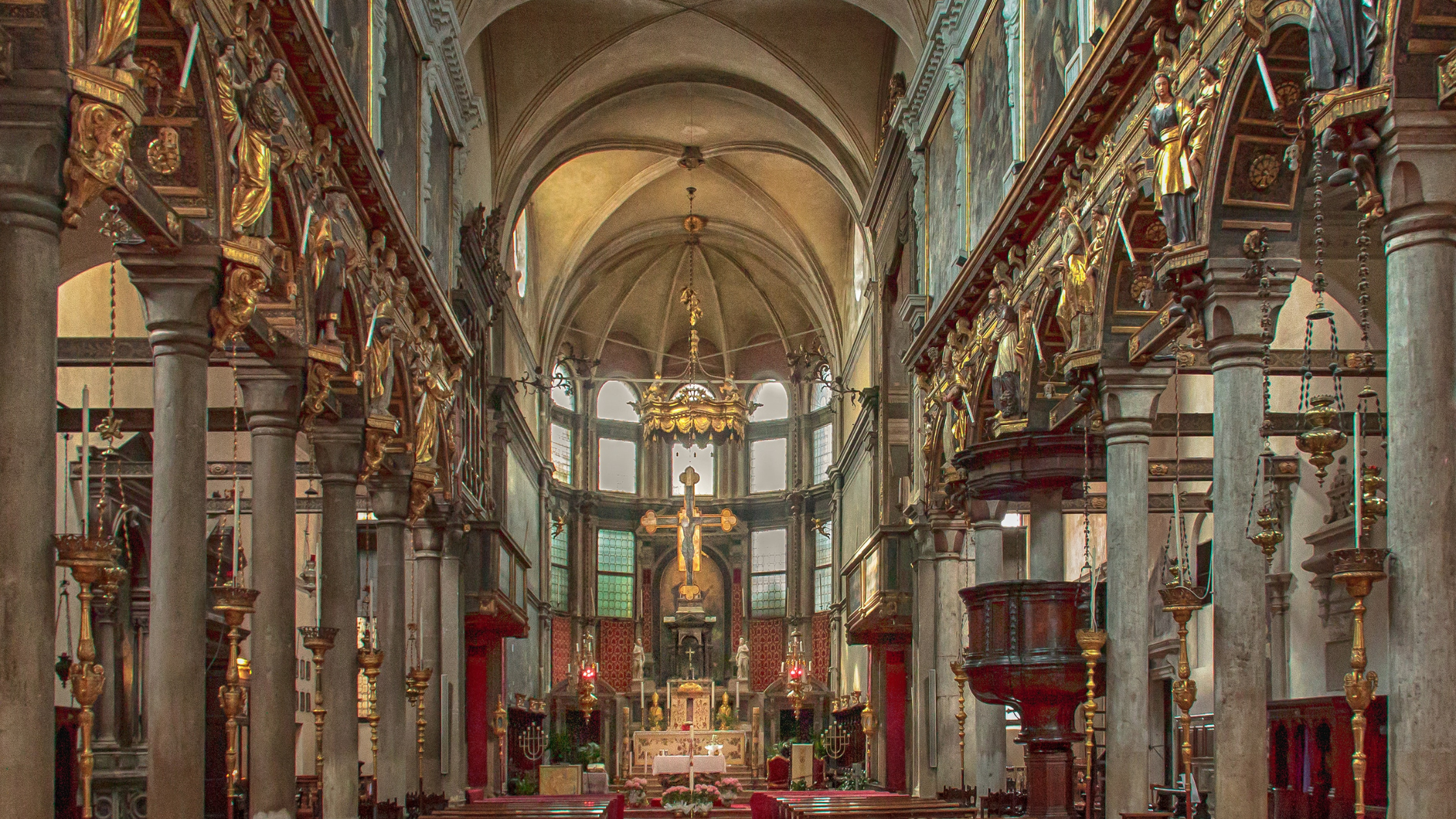Back when I was in high school, I remember how I did not attend Church for almost a year except on New Year’s eve. While Mass was going on, I felt this remorse. It’s as if I did something wrong. Although baptized as a Catholic, I never really thought about the importance of attending Church weekly. All I knew was as long as I pray, it’s all good. It is when I totally reverted to Faith after college that I figured out that it is indeed essential to attend Mass every Sunday. I also read that once you don’t, you are committing a sin. Could this be the probable reason why I felt that guilt while at Mass? In this blog post, we will clarify this. Is it really a sin not to go to Church?
Catechism
Okay, let’s start off with the Church’s teaching on this.
CCC 2168 “The third commandment of the Decalogue recalls the holiness of the sabbath: “The seventh day is a sabbath of solemn rest, holy to the Lord.”
“Remember the sabbath day, to keep it holy. Six days you shall labor, and do all your work; but the seventh day is a sabbath to the Lord your God; in it you shall not do any work.”
“The sabbath was made for man, not man for the sabbath; so the Son of Man is lord even of the sabbath.”
3rd Commandment
The Catechism is clear here. We must keep Sunday holy. It is for the Lord.
In addition, the Catechism also states
CCC 2180 “The precept of the Church specifies the law of the Lord more precisely: On Sundays and other holy days of obligation the faithful are bound to participate in the Mass. The precept of participating in the Mass is satisfied by assistance at a Mass which is celebrated anywhere in a Catholic rite either on the holy day or on the evening of the preceding day.”
We Catholic faithful must attend the Mass on Sundays and on Holy Days of obligation, or on the evening before that day also known as a Vigil Mass.
CCC 1324 “The Eucharist is the source and summit of the Christian life. The other sacraments, and indeed all ecclesiastical ministries and works of the apostolate, are bound up with the Eucharist and are oriented toward it. For in the blessed Eucharist is contained the whole spiritual good of the Church, namely Christ himself, our Pasch.”
Eucharist is the highest worship we could give to God as Catholics. Therefore, it is vital for us to celebrate It as often as we can.
Obligation
In this particular Catechism lies the answer to our question.
CCC 2181 “The Sunday Eucharist is the foundation and confirmation of all Christian practice. For this reason the faithful are obliged to participate in the Eucharist on days of obligation, unless excused for a serious reason (for example, illness, the care of infants) or dispensed by their own pastor. Those who deliberately fail in this obligation commit a grave sin.”
There you go.
To summarize.
Is it a sin not to go to Church?
Yes. It is a sin to not attend Church and participate in Mass on Sundays and Holy Days of Obligation. It is our duty as Catholics to partake in the Holy Eucharist on these days or else, we may commit a grave sin.
Mortal Sin
As previously mentioned, not attending the Church on Sundays and Holy Days of Obligation is a grave sin. But note that, we must highlight one particular term that makes this a grave sin.
“Those who deliberately fail in this obligation commit a grave sin.”
Deliberate. It means intentional.
So if you intend not to go to Church on days of obligation, you are committing a grave sin.
Just to recap, the Catholic Church has two categories of sin depending on its gravity.
It could be mortal or venial.
These conditions must be met for a sin to be mortal.
- It must involve grave matter
- Committed with full knowledge
- Committed with deliberate consent
Let’s use not attending Mass on Sunday as an example.
If one had not attended Mass on Sunday despite awareness that it is a sin, then there is a mortal sin.
To elaborate.
First, not attending Mass is against the third commandment, therefore, it is a grave matter.
Next, that person committed it in full knowledge. Meaning that person is aware that it is a sin.
Lastly, committed it with full consent. Despite one knowing that it was sinful, it was still deliberately and freely committed.
Note that all conditions must exist. If a sin lacks one of these, it will fall as venial.
Confessing a mortal sin is a must while venial sin is encouraged.
Confession
Since not attending Mass on Sundays and other Holy Days of Obligation could be a mortal sin, you must confess it.
In the confession, you can mention that you intended not to attend Mass on these days.
You can also state the times you deliberately miss it.
The priest will then give you counsel, ask you for penance and finally absolve you from your sin.
Conclusion
As Catholics, we should know that the third commandment is all about loving the Lord.
What could be the best way to show this love than worshipping Him in the Eucharist?
When I pray in the Adoration Chapel of our Parish, I always hear these words from the Catechist when she is orienting the parents before the Sacrament of Baptism.
“God is blessing you every day, He only wants your one hour per week.”
This actually tattooed in my mind.
True enough, it makes a lot of sense.
If we can browse our Social Media for an hour, why can’t we spend the same 1-hour worshipping and receiving Him in the Holy Eucharist?
He is there waiting for us. We just need to show up.
I notice how some people nowadays do not attend Mass. Regardless, we must still continue to do so.
I’d say it is indeed a great way of evangelization. People can see you and get curious about what you do every Sunday and Days of Obligation. By that, we are implicitly inspiring them to go back to the Faith. We’ll never know one time, we can meet them inside the Church.
Holy Eucharist is such a sublime Sacrament. We must cherish It. We must partake in this holy banquet. Receiving the Lord.
In the words of St. Maximillian Kolbe,
“If Angels could be jealous of men, they would be so for one reason: Holy Communion.”
That we may understand the value of worshipping God together in the Eucharist, Loving Mother, pray for us.

